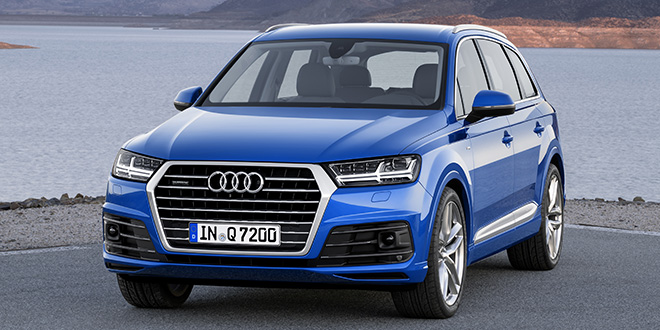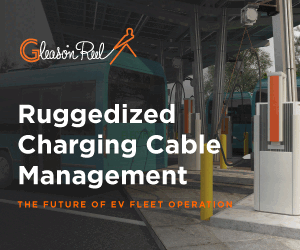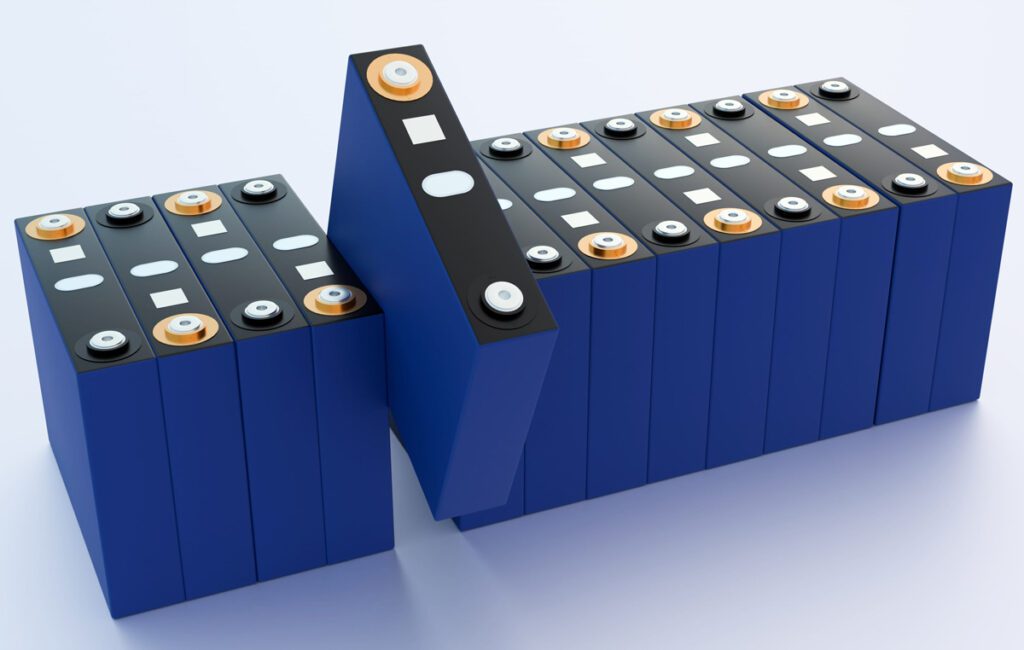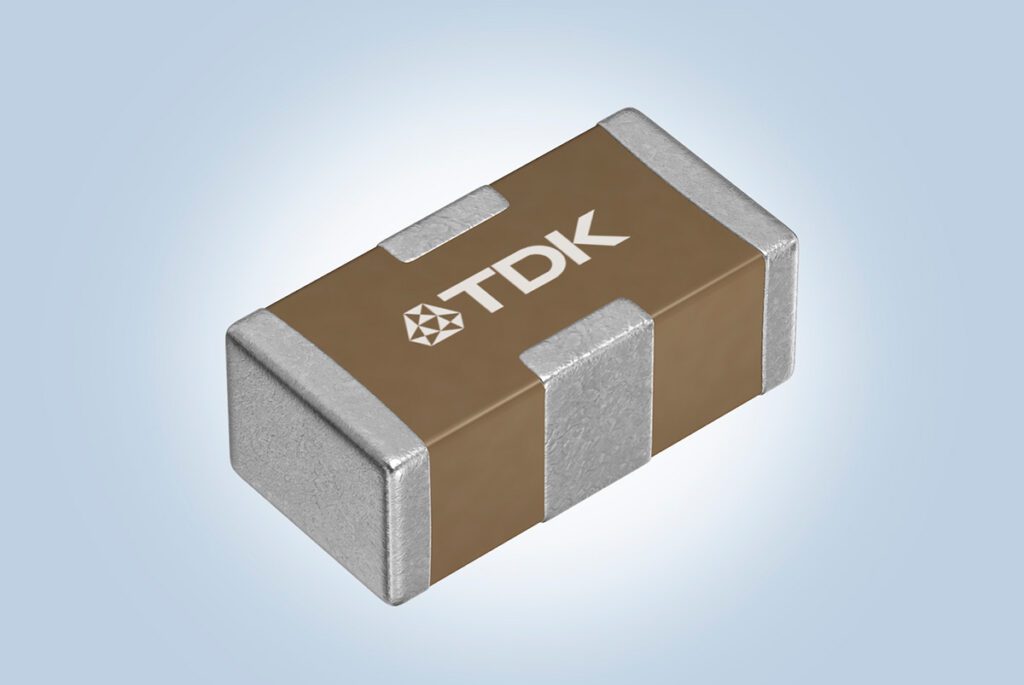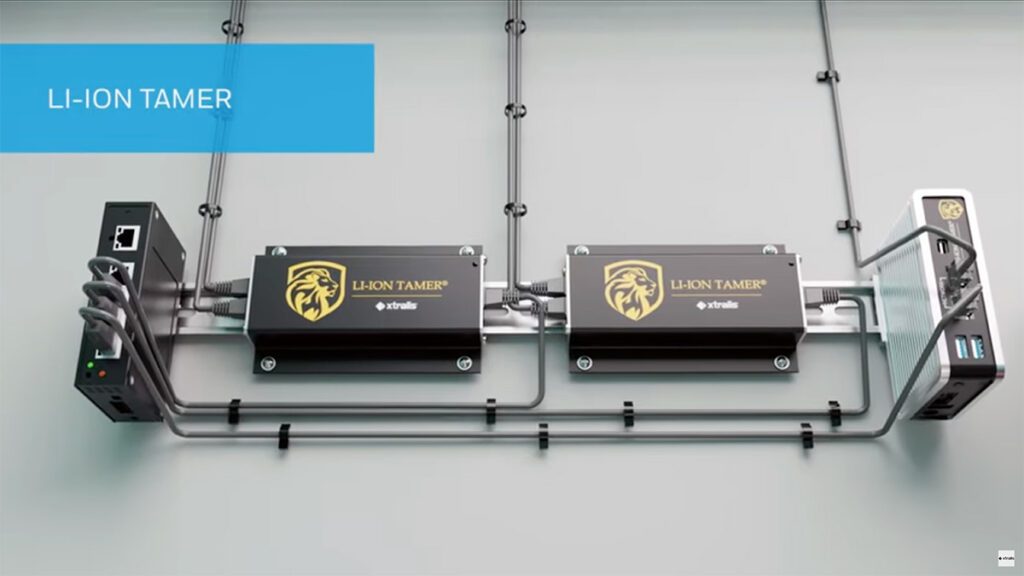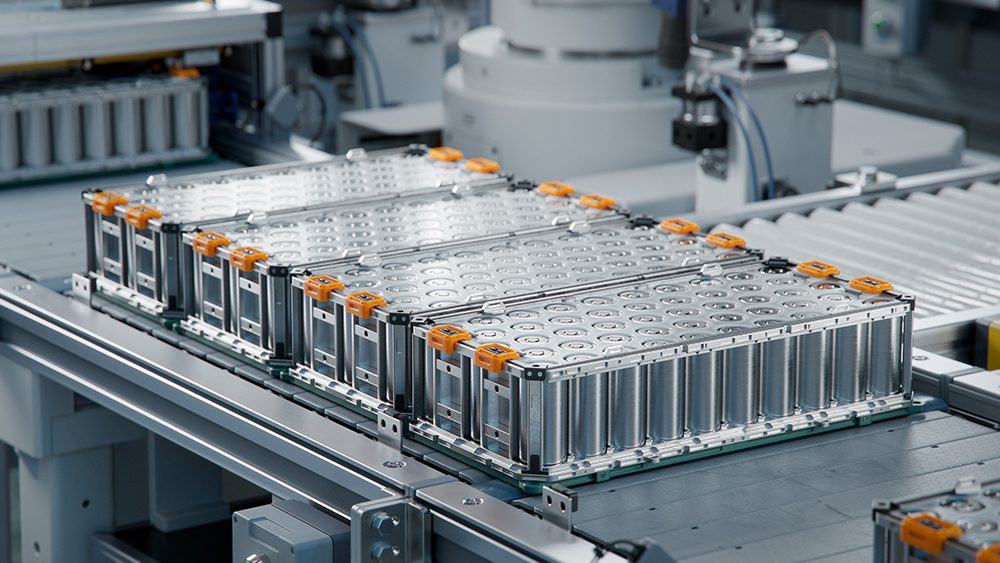After years of preparation, Audi brought its first plug-in vehicle, the A3 e-tron, to market in Europe late last year. This week in Geneva, the company unveiled two new plug-in models: the Q7 e-tron quattro diesel plug-in hybrid, and an electric version of the R8 super-sports car.
The upgraded Q7 family is based on the Volkswagen Group’s MLB-Evo platform, and is some 700 pounds lighter than the previous models.
The e-tron Quattro version sports a 258 hp, 3.0 liter V6 diesel engine and a 94 kW electric motor that’s integrated into the eight-speed automatic transmission. Combined output is 373 hp, and torque is 516 lb-ft. A 17.3 kWh lithium-ion battery pack yields electric range of 35 miles (on the comparatively lenient NEDC European test cycle).
The plug-in Q7 is expected to go on sale in selected markets later this year, shortly after the dinosaur-burning versions of the 2016 Q7.
The R8 high-performance sports car has also been revamped, and will be available in an electric version “upon customer request.” Audi says it “uses the electrical high-performance sports car primarily as a mobile high-tech laboratory.”
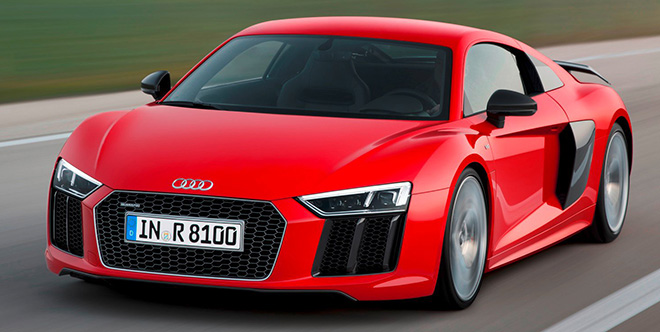
This is the second iteration of the R8 e-tron, with a larger battery and more power. The T-shaped battery pack, produced in-house by Audi, is structurally integrated into the center tunnel and behind the passenger area. It stores 92 kWh, with specific energy of 154 Wh/kg, giving the R8 e-tron an estimated range of 280 miles. CCS Fast Charging is standard.
The R8 e-tron will have rear-wheel drive, with targeted torque vectoring between the rear wheels. Total power is 455 hp, and torque is 679 lb-ft. She goes 62 mph in 3.9 seconds, and has an electronically limited top speed of 131 mph or 155 mph.
The new gasoline R8 is expected to launch late this summer, and the electric version will follow a few months later, probably as a 2017 model. A plug-in hybrid version is also said to be in the pipeline.
Source: Audi, Green Car Reports







